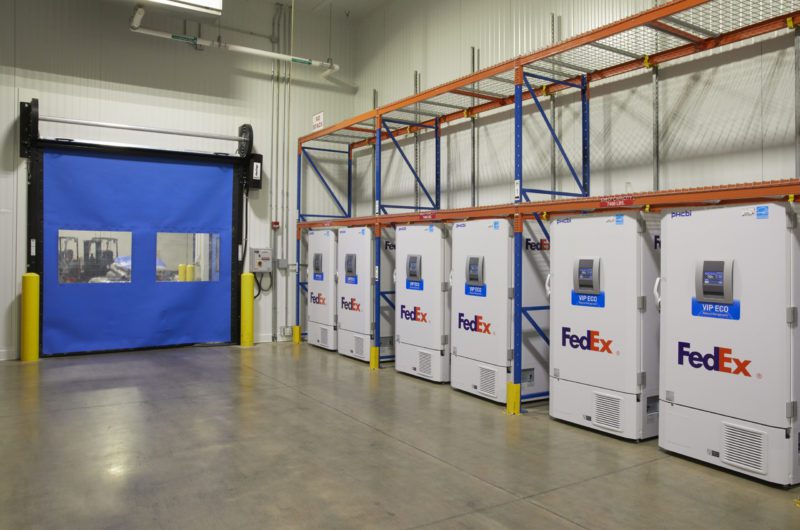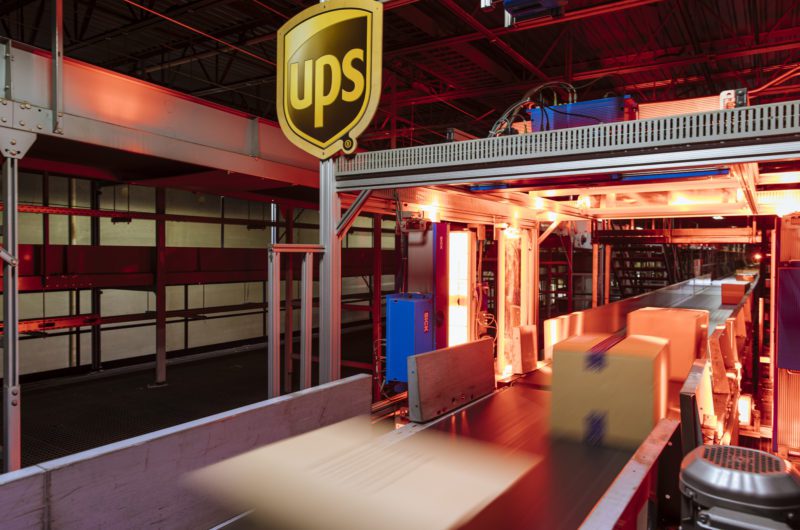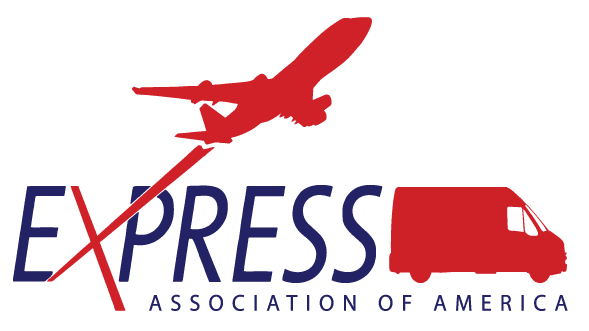
About Us
DHL, FedEx, and UPS—the three large integrated express delivery companies—created the Express Association of America (EAA) in 2008. EAA’s policy advocacy efforts are organized around four committees that address customs, security, export and trade issues.
EAA Advocacy Work:
EAA collaborates with other national level associations whose members share common interests with the express industry regarding the streamlined, compliant, and efficient processing of goods moving across the U.S. border, both imports and exports.
EAA works constantly with Government agencies to develop innovative and effective procedures for ensuring both the Government’s mission to protect the health and safety of the U.S. people and the trade community’s goal of operating compliant and effective supply chains are met.
EAA members provide the critical logistics capabilities to support the rapidly accelerating growth of e-commerce, particularly for the numerous small and medium-sized companies that can access worldwide markets through express delivery. The global e-commerce market increased to $5.5 trillion in 2022 and is expected to double over the next five years.
The critical importance of e-commerce, and the indispensable role of the express industry in making e-commerce happen, has never been more clearly illustrated than in the world’s response to the COVID-19 pandemic. From the initial onset of the pandemic, the express industry played the critical role in providing the personal protective equipment, medicines, medical devices and other health supplies that hospital staff and other first responders required, thus contributing to saving many lives. Many of these delivery services were provided on a pro bono basis. When the COVID vaccine was developed, the express industry was nearly the exclusive delivery method chosen by both pharmaceutical companies and Governments to distribute the vaccine to communities worldwide, and one of the few delivery methods that already had the complex temperature-controlled conveyances the vaccine demanded.
Express delivery flights are nearly always the preferred choice for quickly providing supplies to respond to any natural or man-made disaster. With the response to COVID-19, it was only the express industry that had the global capacity to deliver critically needed supplies and the vaccine rapidly and reliably. Additionally, when lockdowns associated with controlling the spread of COVID restricted citizens’ ability to obtain food and other essentials, e-commerce became a vital support line for families and their main means of ensuring they could safely receive the basic commodities they needed to survive through express delivery.
Our Members



EAA members DHL, FedEx, and UPS, the three largest express delivery service providers in the world, provide fast and reliable service to the United States and more than 220 other countries and territories.
These EAA member companies have estimated annual revenues in excess of $200 billion, employ more than 1.5 million people, utilize more than 1700 aircraft, and deliver more than 30 million packages each day. EAA members employ one million people in the United States, and U.S. employment has grown 27% over the past five years. They routinely add another 160,000 employees during the peak holiday season.
The express shipment process itself makes invaluable contributions daily to enhancing opportunities for small businesses to grow and increase employment by providing them with a world class logistics system that is highly reliable and low cost. Trade facilitation measures, specifically express shipment provisions, help to reduce costs and eliminate complex administrative burdens in international trade that alleviates some of the structural barriers that parties with limited resources and experience would otherwise be unable to overcome. By providing express services that few small businesses could duplicate on their own, EAA members allow every business, but specifically SMEs, to access global markets and build their reputations for high quality and reliability worldwide. As e-commerce has expanded exponentially in recent years, the express industry is providing a global logistics capability to numerous individuals who are starting micro-businesses driven by their entrepreneurial abilities, including many people from less developed and underserved communities. Additionally, 70% of the suppliers of goods and services to EAA members are small businesses.
Board Members

Roger Libby
Head of Corporate Public Affairs
DHL Group

Ralph Carter
Staff Vice President, Regulatory Affairs
FedEx

Dontai Smalls
Senior Vice President, Global Public Affairs
UPS




